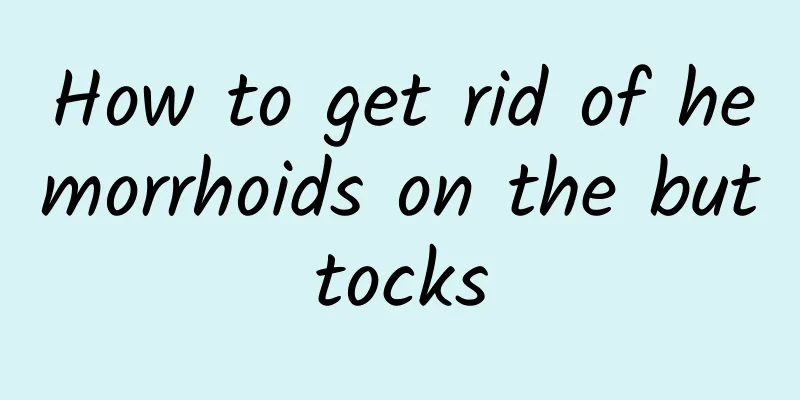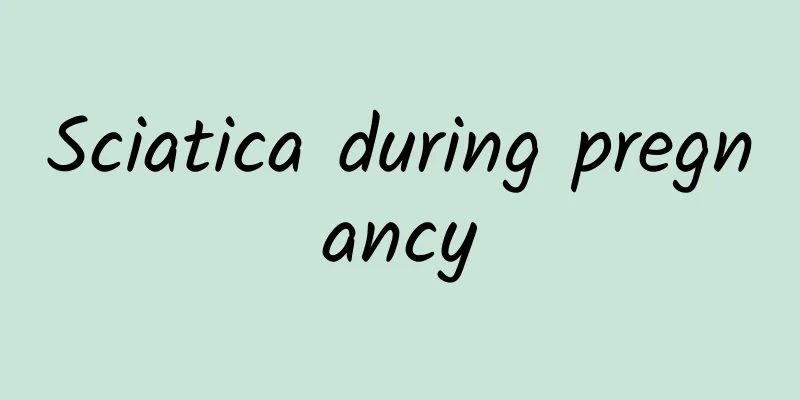What are the treatments for nodular goiter?

|
Nodular goiter is a relatively common thyroid disease. We can treat it with traditional Chinese medicine or surgical treatment, or we can alleviate the condition by supplementing iodine. 1) Thyroid hormones: The usual dosage of desiccated thyroid preparations is 90-180 mg per day, and the course of treatment is generally 3-6 days. months. If there is a relapse after stopping the medication, the treatment can be repeated to maintain the basal metabolic rate within the normal range. For young patients in the early stages, levothyroxine (Euthyrox) can be treated with 100ug per day, and the value can be increased to 150-200ug per day in the second month. Serum TSH concentration measurement can estimate the degree of thyroid suppression. Older patients or those with long-term multinodular goiter should undergo serum high-sensitivity TSH concentration measurement or TRH stimulation test before receiving levothyroxine treatment to determine whether there is obvious functional autonomy. If the basal TSH is extremely low or undetectable and the TSH response to TRH is low or absent, it indicates functional autonomy and levothyroxine should not be used for suppressive treatment. If functional autonomy can be ruled out, levothyroxine treatment can be used. The initial dose should not exceed 50ug per day, and the dose should be gradually increased until the TSH value reaches the inhibition endpoint. Nodular goiter does not respond as well to levothyroxine as diffuse goiter, but it also has a certain effect in inhibiting its further enlargement. 2) Iodine supplementation: It is reasonable to supplement iodine for those who are simply iodine deficient. After supplementation, the thyroid gland can be seen to shrink to varying degrees. The available preparations include compound iodine oral solution (Lugol solution), potassium iodide, iodized oil intramuscular injection, etc. It is rarely used nowadays. 3) Traditional Chinese Medicine Treatment: Phlegm-resolving and softening method: Patients with only a thick neck and no special subjective symptoms have qi stagnation and phlegm accumulation syndrome, and should be treated with phlegm-resolving and softening methods. Seaweed, kelp, Fritillaria thunbergii, green peel, pumice, and pinellia ternata can be used. In addition, eat appropriate amounts of seafood such as kelp and jellyfish or foods rich in iodine. 4) Indications for surgical treatment: Patients with clinical symptoms caused by compression of the trachea, esophagus or recurrent laryngeal nerve; patients with retrosternal goiter; patients with huge goiter affecting their life and work; patients with nodular goiter and secondary hyperfunction; patients with nodular goiter suspected of malignant transformation. An enlarged thyroid gland is a sign of hyperplasia, which is an endocrine-induced hyperplasia. If it is relatively stable, it is nothing to worry about. If it cannot be controlled and develops seriously and causes metabolic disorders, it will be very troublesome, so it must be controlled in time. |
<<: How to treat insufficient blood supply to the brain?
>>: What are the sequelae of tuberculous pleurisy?
Recommend
The causes of ovarian cysts are often related to these four factors
In general, when female friends find that they ha...
What are the effects of white flower dandelion
The ground dandelion is also called straw sandal ...
Constipation press that acupoint
Normal people need to defecate every day to excre...
The effect of moxibustion on the middle pole
In the eyes of many people, moxibustion is consid...
What diseases can colonoscopy detect?
Colonoscopy is a common method of examination. It...
What kind of body type is Astragalus suitable for?
Astragalus has high therapeutic value, so many pe...
Successful removal of underarm surgery scars
Underarm odor is very common in our daily life. I...
Will false labor cause abdominal pain?
As the fetus continues to grow in the mother'...
The difference between black moles and moles
Some people call the small black bumps on the ski...
What causes pelvic effusion and what medicine can cure it?
Pelvic effusion is a symptom of a common gynecolo...
What is colitis?
The onset of colitis is generally accompanied by ...
Tetanus phobia
When there is a trauma to the body, it can easily...
What is preexcitation syndrome? Significant arrhythmia
Few people truly understand the disease called pr...
Can cervical spondylosis be cured?
Cervical spondylosis is a common symptom among wh...
What ointment should I use for sebaceous cysts
Sebaceous cyst, commonly known as "sebaceous...









